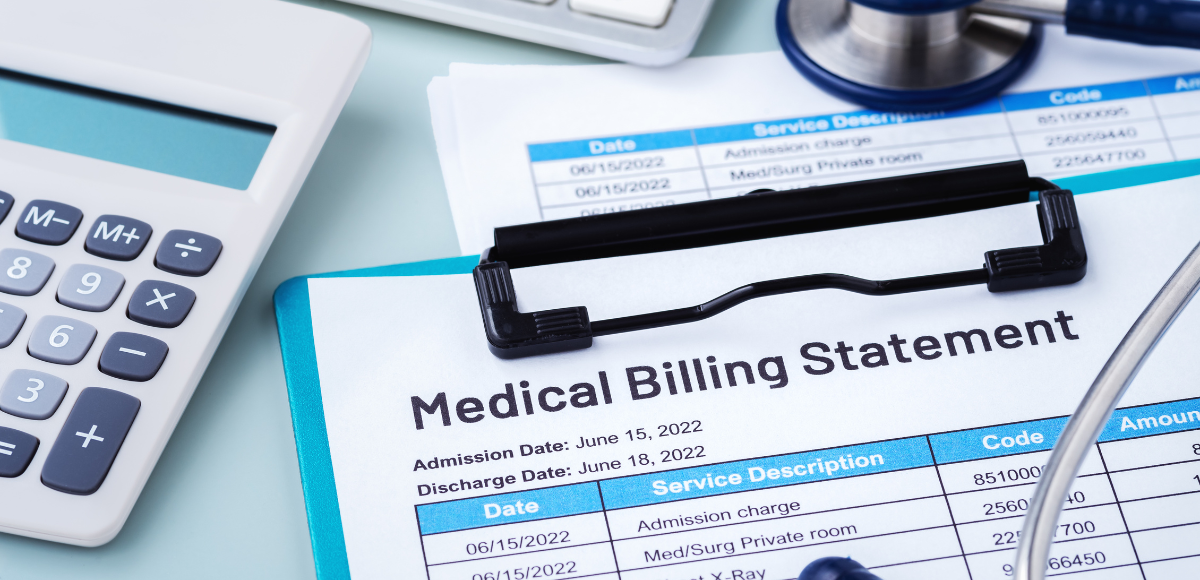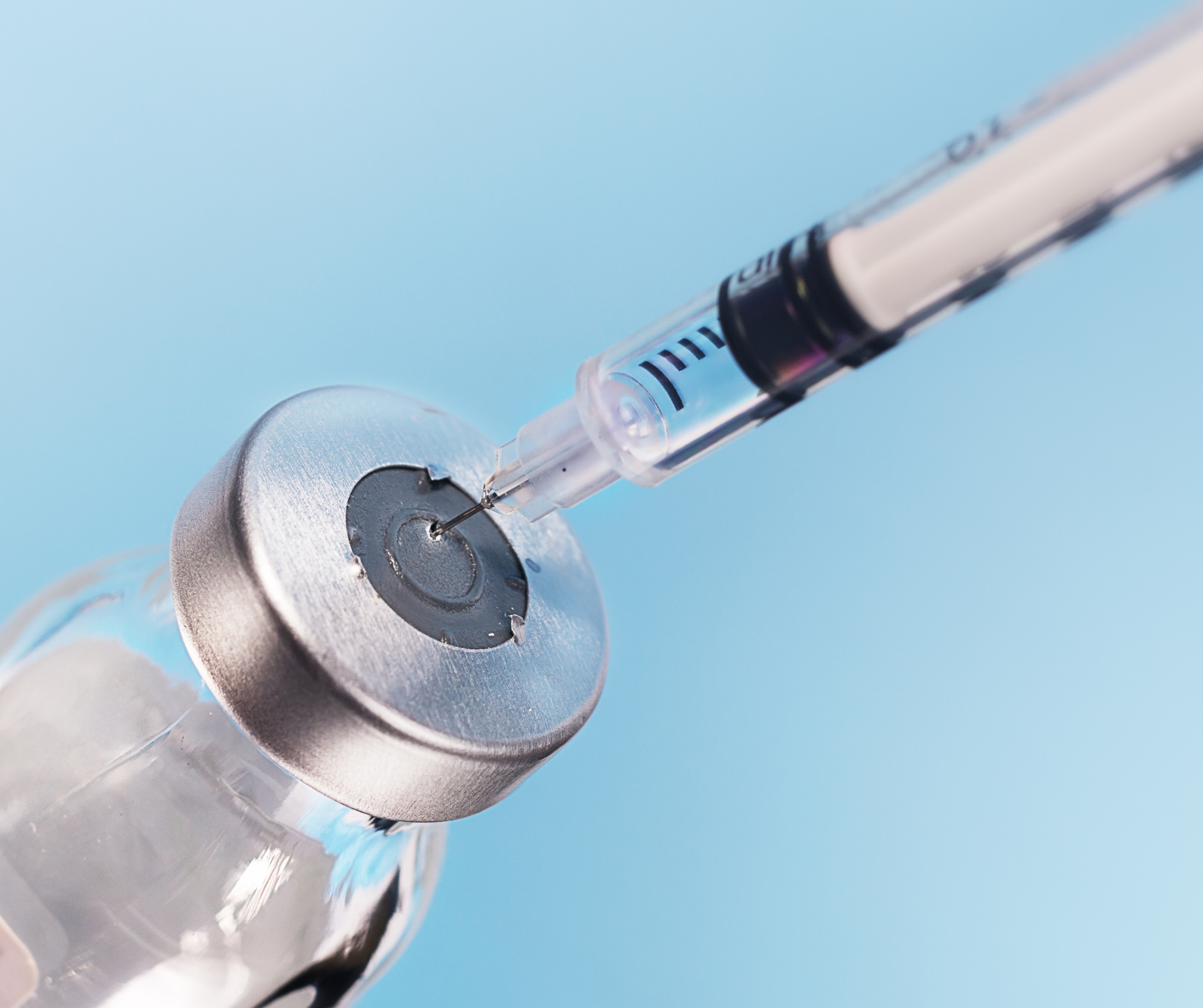Men's Health Essentials: 15 Key Checkups Every Man Should Schedule
Key Takeaway:
Every man should make it a point to schedule these 15 key checkups:
- Annual Physical Exam
- Blood Pressure Screening
- Cholesterol Testing
- Diabetes Screening
- Colorectal Cancer Screening
- Prostate Cancer Screening
- Testicular Exam
- Lung Cancer Screening
- Mental Health Checkup
- Immunization Updates
- Eye & Vision Screening
- Dental Checkups
- Skin Cancer Screening
- Hormonal Health & Testosterone Testing
- Bone Density Test (DEXA Scan)
For men, health needs shift with age, making it even more important to adopt preventive care practices tailored to each life stage.
From managing blood pressure in your 20s to screening for chronic conditions after 40, each decade brings its own set of recommended evaluations. While many may feel fine, checkups are not just for when something feels wrong, but a reliable way to stay on top of long-term health.
So, how often should men get checked out? At a minimum, a yearly visit with a
primary care provider is recommended. This allows for consistent monitoring and the opportunity to adjust care based on changing health markers or lifestyle habits.
1. Annual Physical Exam
The annual physical exam provides a comprehensive snapshot of overall wellness and helps build a lasting relationship with a healthcare provider.
During this visit, doctors assess vital signs, review medical history, and often perform basic lab work to evaluate markers such as cholesterol and blood sugar.
What Age Should A Man Get A Physical?
Ideally, routine physicals should begin in the early 20s and continue yearly thereafter, even if no symptoms are present. Regular exams can identify subtle changes that might otherwise go unnoticed.
How Much Does An Annual Physical Exam Cost?
At Impact Family Wellness, this service is included in a membership that starts at $75 per month, which also covers unlimited office visits with no unexpected charges. This model removes common barriers to care and encourages consistent monitoring.
2. Blood Pressure Screening
Blood pressure checks are a simple yet highly informative screening that can detect one of the leading contributors to heart disease: hypertension. High blood pressure often has no symptoms, which is why it's important to monitor it regularly—even for those who feel healthy.
Men should begin having their blood pressure checked at age 20, with annual follow-ups. If readings are elevated or there's a family history of heart conditions, more frequent checks may be necessary.
Keeping blood pressure within the recommended range reduces the risk of heart attack, stroke, and kidney damage.
3. Cholesterol Testing
High cholesterol can quietly increase the risk of cardiovascular issues. A standard lipid panel measures total cholesterol, LDL ("bad" cholesterol), HDL ("good" cholesterol), and triglycerides. These levels help determine whether lifestyle changes or medications are needed.
Men should have their cholesterol levels tested every 4 to 6 years starting at age 20, unless they have additional risk factors such as obesity, diabetes, or a family history of heart disease.
In such cases, more frequent testing is often advised. Regular monitoring allows for early intervention and better long-term heart health outcomes.
4. Diabetes Screening
Type 2 diabetes often develops gradually, making early detection through screening essential. Elevated blood sugar levels can cause damage to organs and nerves long before any symptoms appear. A fasting blood glucose test or A1C test is commonly used to assess risk.
Screening is recommended every three years starting at age 35, but men with additional risk factors—such as obesity, a sedentary lifestyle, or a family history of diabetes—may need to begin earlier and test more frequently. Identifying elevated glucose levels early allows for dietary and lifestyle changes that can delay or even prevent the onset of diabetes.
5. Colorectal Cancer Screening
Colorectal cancer is one of the most preventable types of cancer when caught early through regular screening. A colonoscopy is considered the most effective method, as it not only detects cancer but can also remove polyps before they become problematic.
At what age should a man get a colonoscopy?
Current guidelines recommend beginning at age 45 for average-risk men. Those with a family history of colorectal cancer should consult their provider about starting even earlier.
While colonoscopy remains the gold standard, there are less invasive alternatives like stool-based tests, which may be an option for those at lower risk or who prefer a non-invasive approach.
6. Prostate Cancer Screening
Prostate cancer is one of the most common cancers among men, but it's often slow-growing and highly treatable when detected early. Screening typically involves a prostate-specific antigen (PSA) blood test, sometimes paired with a digital rectal exam (DRE).
Most guidelines suggest starting at age 50 for average-risk men. However, those with a family history or who are part of higher-risk groups—such as African American men—may benefit from earlier testing.
Discussing the benefits and risks with a healthcare provider can help determine the right time to begin screening.
7. Testicular Exam
Although testicular cancer is relatively rare, it tends to affect younger men, particularly those between the ages of 15 and 35. Because of this, awareness and routine checks are important early in life.
Doctors recommend
monthly self-exams beginning in the late teens or early 20s. These help men become familiar with their normal anatomy, making it easier to notice any unusual lumps, swelling, or discomfort. In addition, testicular exams should be a part of routine physical checkups with a healthcare provider.
8. Lung Cancer Screening
Lung cancer is the leading cause of cancer death globally, often because it’s diagnosed at a later stage. Fortunately, early detection through screening can significantly improve outcomes.
Men between the ages of 50 and 80 who have a significant smoking history—defined as 20 pack-years or more—are recommended to undergo annual low-dose computed tomography (CT) scans. This painless scan can detect lung abnormalities before symptoms appear, providing a greater chance for effective treatment.
Even for those who have quit smoking within the last 15 years, the risk may still be elevated, making regular screening a prudent choice.
9. Mental Health Checkup
Mental health is just as important as physical well-being, yet it often goes unaddressed in routine care. Depression, anxiety, and chronic stress can quietly impact every aspect of life, from sleep and energy to work and relationships.
An annual mental health checkup allows men to discuss emotional challenges and life stressors openly with a trusted provider. These visits may involve short screening questionnaires and supportive conversation, to identify early signs of conditions that might otherwise go unnoticed.
Taking time to assess mental health can be a key part of managing overall well-being and preventing burnout or more severe emotional struggles.
10. Immunization Updates
Vaccines aren’t just for children. Adults need to keep immunizations current to maintain protection against serious diseases.
Depending on age, medical history, and previous vaccination status, men should stay up to date with:
- Influenza (flu) – every year
- Tetanus, diphtheria, and pertussis (Tdap) – every 10 years
- Shingles (herpes zoster) – starting at age 50
- Human papillomavirus (HPV) – for those not vaccinated earlier
- COVID-19 – including any applicable boosters
A healthcare provider can confirm which vaccines are needed based on personal risk factors and public health guidelines.
11. Eye & Vision Screening
Maintaining eye health goes beyond just reading glasses. Eye exams can detect early signs of conditions like glaucoma, macular degeneration, and diabetic retinopathy—many of which present no symptoms in the early stages.
Men under 40 should have a comprehensive eye exam every 2 to 4 years. After age 40, the frequency should increase to once every 1 to 2 years, or more often if there are known vision problems or risk factors such as diabetes.
12. Dental Checkups
Oral health plays a bigger role in overall wellness than many realize. Gum disease or periodontitis has been linked to heart conditions, diabetes, and even respiratory issues. Routine dental care helps prevent these complications and keeps teeth and gums healthy.
It’s generally recommended that men schedule dental checkups twice a year. These visits typically include professional cleanings, examinations for cavities, and screenings for oral cancer.
Staying current with dental appointments can help avoid more complex and costly issues down the line.
13. Skin Cancer Screening
Skin cancer is one of the most common cancers in men, particularly those with lighter skin tones or high sun exposure. Fortunately, it’s also among the most treatable—especially when detected early.
A yearly full-body skin exam by a dermatologist is advised. During the exam, providers check for any suspicious moles, lesions, or skin changes that could indicate melanoma or other types of skin cancer.
Men should also perform regular self-checks and report anything unusual between appointments.
14. Hormonal Health & Testosterone Testing
As men age, hormone levels—especially testosterone—can begin to decline. This may affect mood, energy, sex drive, and muscle mass.
Common signs of low testosterone in men include low libido, persistent fatigue, irritability or depression, and decreased muscle strength. Testosterone testing is generally recommended for men over 40 experiencing these symptoms or for those undergoing a routine health assessment where hormonal balance may be relevant.
Simple blood tests can evaluate testosterone levels, and results help guide further treatment or lifestyle recommendations if needed.
Testosterone therapy is available to supplement the natural decline of testosterone levels as men age.
15. Bone Density Test (DEXA Scan)
Osteoporosis isn’t just a women’s health issue—men can also experience bone density loss, especially after age 50. Factors like low testosterone, smoking, or long-term use of certain medications can increase risk.
A DEXA scan (dual-energy X-ray absorptiometry) measures bone strength and helps detect early signs of osteoporosis. While it’s not always part of standard screenings, it should be considered for men with risk factors or those over 50 who show signs of bone weakness, such as frequent fractures or unexplained back pain.
Regular bone assessments help prevent fractures and maintain long-term mobility and quality of life.
Take Charge Of Your Health Today
Taking control of your health starts with being informed and proactive. These 15 checkups are the foundational steps toward preventing illness and maintaining long-term well-being.
Whether you're scheduling your first annual physical or updating essential screenings, each choice supports a healthier future. For personalized, affordable, and convenient care, consider becoming a member at
Impact Family Wellness, where comprehensive medical services are tailored to your needs.
Don’t wait—schedule a checkup today!
FAQs About Men’s Health Checkups
What Are The Most Important Health Screenings For Men In Their 20s And 30s?
While younger men may feel healthy, it's important to monitor blood pressure, cholesterol, mental health, and start discussions about family history to assess risks early.
Are Virtual Health Checkups Effective For Routine Monitoring?
Yes, a study notes that telehealth can be as useful for reviewing symptoms, mental health consultations, and managing chronic conditions as physical exams do, though some screenings still require in-person visits.
How Can Men Prepare For Their Annual Checkup?
Bring a list of symptoms, medications, family history updates, and lifestyle changes. Wear comfortable clothing and prepare to discuss mental, sexual, and physical health openly.










